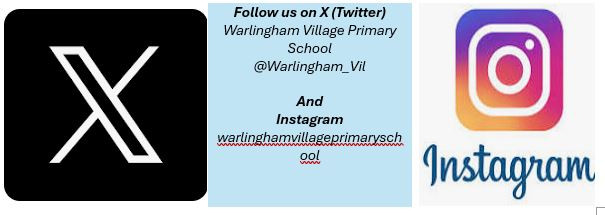Computing Curriculum
 |
Click here to see our school curriculum intent
or
watch our Warlingham Windmill Curriculum video!
"Technology is best when it brings people together." (Matt Mullenweg)
Purpose
An Integral and essential part of our everyday lives both at school and at home, computing provides insights into both natural and artificial systems. We recognise the importance of a high-quality computing education, from Early Years to Key Stage 2, that equips children to use computational thinking and creativity to understand and change the world. The core of computing is computer science, in which children are taught the principles of information and computation, how digital systems work, and how to put this knowledge to use through programming. Building on this knowledge and understanding, children are equipped to use information technology to create programs, systems and a range of content. Computing also ensures that pupils become digitally literate – able to use, and express themselves and develop their ideas through information and communication technology – at a level suitable for the future workplace and as active participants in a digital world.
By the time our pupils leave us at the end of Key Stage 2, the Chalklands Computing Curriculum ensures they:
- can understand and apply the fundamental principles and concepts of computer science, including abstraction, logic, algorithms and data representation
- can analyse problems in computational terms, and have repeated practical experience of writing computer programs in order to solve such problems
- select, use and combine a variety of software (including internet services) on a range of digital devices to design, write and debug programs that accomplish specific goals
- can evaluate and apply information technology, including new or unfamiliar technologies, analytically to solve problems
- are safe, responsible, competent, confident and creative users of information and communication technology
- are able to recognise acceptable behaviour and identify a range of ways to report concerns about content
- learn, think, read, write and speak like content creators
- are fluent with a range of tools; able to select from them to best express themselves and their understanding generate ideas and express themselves safely and responsibly in a technologically developing world
- are creative, resilient, critical thinkers and problem-solvers
 |
 |
 |
 |
 |
 |
 |
__________________________________________________________________________________________________
Links to pupil resources:
|
Please click here for an E safety child friendly short film. |
 |
Links to parent resources:
 |
 |

